
The Darrell McClain show
Independent media that won't reinforce tribalism. We have one Planet; nobody's leaving, so let’s reason together!! Darrell McClain is a Military veteran with an abnormal interest in politics, economics, religion, philosophy, science, and literature. He's the author of Faith and the Ballot: A Christian's Guide to Voting, Unity, and Witness in Divided Times. Darrell is a certified Counselor. He focuses primarily on relationships, grief, addiction, and PTSD. He was born and raised in Jacksonville, FL, and went to Edward H white High School, where he wrestled under Coach Jermy Smith and The Late Brian Gilbert. He was a team wrestling captain, District champion, and an NHSCA All-American in freestyle Wrestling. He received a wrestling scholarship from Waldorf University in Forest City, Iowa. After a short period, he decided he no longer wanted to cut weight, effectively ending his college wrestling journey. Darrell McClain is an Ordained Pastor under the Universal Life Church and remains in good standing, as well as a Minister with American Marriage Ministries. He's a Believer in The Doctrines of Grace, Also Known as Calvinism. He joined the United States Navy in 2008 and was A Master at Arms (military police officer). He was awarded several medals while on active duty, including an Expeditionary Combat Medal, a Global War on Terror Medal, a National Defense Medal, a Korean Defense Medal, and multiple Navy Achievement Medals. While in the Navy, he also served as the assistant wrestling coach at Robert E. Lee High School. He's a Black Belt in Brazilian Jiu-Jitsu under 6th-degree black belt Gustavo Machado. Darrell Trains At Gustavo Machado Norfolk under the 4th-degree black belt and Former Marine Professor Mark Sausser. He studied psychology at American Military University and criminal justice at ECPI University.
The Darrell McClain show
From Combat to Calm: A Veteran John Lawyer's Story Journey to Spiritual Awakening
https://kishar.org/ Have you ever considered the extraordinary path one takes from the frontlines of war to the peaceful embrace of spirituality? John Lawyer, a former counterintelligence special agent with tours in Iraq and Afghanistan behind him, joins us to recount an incredible journey of transformation. Growing up in a Southern Baptist household, John's youthful quest for adventure and a role in counterterrorism propelled him into the military, but it was his poignant experiences on foreign soil that served as a catalyst for profound personal change.
Embark on a soul-stirring exploration as we discuss the delicate process of healing and letting go, a path John and I have both wandered. The conversation takes us through the epiphanies that arise when we release our grasp on control, finding solace in the vastness of the universe. We honor the unique and difficult road that veterans tread upon returning home and discuss how traditional medicine can be complemented by spiritual practices. Hear John's revealing insights into the deep inner peace he's found, and how it has allowed him to guide others along similar paths to enlightenment.
The narrative then gently guides you through the embracing arms of Universalism, a perspective that holds all spiritual truths as interconnected. John shares his personal awakening, driven by an insatiable hunger for knowledge and understanding, which led him to question rigid religious doctrines and discover a more inclusive approach to faith. Together, we explore the underappreciated spiritual practices that have shaped great leaders and discuss the formation of 'Kishar', a sanctuary where individuals can connect and grow their spiritual selves. Tune in for an episode that transcends the mere recounting of experiences and becomes a testament to the power of spiritual attunement and community support.
Welcome to the Dural McClain Chameos. Dural McClain, we are honored today again to have a guest by the name of John lawyer. He's a spiritual guide and seeker and a universalist. Now he has a very unique story. As he says, he transitioned from a warrior In Kuwait, baghdad, in Kandahar, over many years to a spiritualist and a universalist and he's going to share some of that with us. Welcome to the show today, mr John lawyer.
Speaker 2:Thank you for having me on there. I really appreciate it. Good to be here.
Speaker 1:Thank you. So I was just interested in your background. I know you were raised in a southern Baptist family, to that. What was that like, and is that what pushed you to go into the United States military?
Speaker 2:It wasn't what pushed me in the military. My both my parents came from both sides, came from Southern Baptist families like Big in the church, all that kind of stuff. I was never big in the southern Baptist church. I mean I went, I had to go, it was. He always kind of struck me, the big conservative you know growing up and you know walking around the church. I guess, looking back on it like I didn't necessarily feel like God, like consistently in the church yeah, maybe that's a hard way to say it, but Really for me I I knew I wanted to get out and go see the world and I knew college wasn't for me and I wanted to do counterterrorism and stuff like that and I thought the only way that I could do that is if I had, you know, joined the military.
Speaker 1:So you and what a city in town were you from? I?
Speaker 2:Was from a similar local home. It's a small rural town in central Oklahoma about 8,000 people.
Speaker 1:Oh, wow. And and when you, when you had your initial plan of going to college, did? You have a major in mind our journey. You thought you wanted to take our field. You thought you were gonna use the military to get to college in.
Speaker 2:No, I, I, I Didn't. I didn't ever really plan on going to college for me. I just like I don't like school very much and I knew that that I could get all the training that I needed in the army and that I Figured I kind of thought about maybe taking some like Classes and stuff while I was in, but I wasn't like too dedicated to that and what was your job in the army?
Speaker 1:I?
Speaker 2:Was a counterintelligence special agent and I went to Fort Richard, arizona, for my for my training.
Speaker 1:And then from there, how long was it before you ended up being somewhat engulfed in what we labeled as the war on Terra I?
Speaker 2:joined. Yeah, I joined about a year before 9-11 and I got to my my permanent duty station my first one after all my training at Fort Gordon about six months before 9-11 happened and I got put into a it was actually an office that did kind of terrorism work states that and so actually I was on shift and a skiff and in a top secret facility the morning of 9-11 when it happened.
Speaker 1:Wow. And then you're kind of whole trajectory. Whatever your career would have been a transition in your. In your video of your introduction you talk about when you go to Baghdad and Kandahar. You say it say somewhat a dent of sadness. Could you explain that a bit?
Speaker 2:You know, yeah, iraq was a. Yeah, I was there in Iraq for about 18 months and it was this kind of like massive thing. Right, you go and see the amount of like this is all this money in waste that you see around like happening, you know, and it's kind of like, what are we? You know, what are we doing here? This it's kind of it's kind of crazy. And I was there for, like said, about a year and a half, but in Kandahar in Afghanistan, you know, afghanistan was just a sad place like, if you know, I was there from 2008 through the end of 2014 and it just felt like we didn't know what we were doing, that we had guys out there that were they didn't really have a mission, just driving around trying not to get attacked.
Speaker 2:You know, our unit was fortunate in Afghanistan. We had a mission to protect the airfield In our airfield, which was the. It was at the time, it was the busiest runway on planet Earth but so we had like a really defined mission. So we were lucky, our unit, but it was just the. The people didn't want us there.
Speaker 2:It was like I think the longer that I was part of war, the more I saw like the fact that the enemy wasn't really necessarily the enemy. Like they're just people, you know. They're just like they've got families and they got kids, they got wives, like Because our job was to to take out the enemy, so we would capture them or drop bombs on them, and so you get to know the enemy really well when you're kind of hunting them, you know, and so you do know that they have families and you do know all this and like at first you're like, yeah, I'm just doing my job, and eventually you're just like there's civilians getting hurt, there's the enemy and it has, has has a point of view. You know you look at the people around you, like your brothers and sisters in arms, and then suddenly you realize like we're getting chewed up by the system, you know, and so I think the whole thing it really wears on you after you know years inside of it.
Speaker 1:Yes, I can agree. I have a good friend of mine who's a former Navy SEAL and, um, he talked about Even at a job like that. He said you know, he had these gunfights and he said and then you start to realize you know, that's a, that's a human being, that that just happened to. And he actually actually told me the other day. He said, you know, he said that man woke up in the morning and he said, you know, that man woke up and kissed his daughter and said I'll see you later, you know. And he said that that type of stuff starts to, starts to wear on you and he had the same experience. Why are we here? Like we, you know, what am I doing here?
Speaker 1:And then I also have a friend who's an ex army Sniper, who who says the only thing he felt like that they did worthwhile was protecting the school, you know. And and I told him, I said I had the same experience, I said we, I was over um, a unit that protected the school. And I said and that's kind of the only thing that I Felt like you know I did that was worthwhile, because it did seem like there was just this little game of whack-a-mole or misdirection or you don't necessarily know who the enemy is, or you, you, the wrong person gets hurt. And now there's 15 new enemies that weren't there before, and then a lot of it is just it's an agricultural thing. You have the tanks there. It's ruining people's you know, props.
Speaker 1:It's keeping the animals awake. You're ruining the roads with the and it's like they don't Hate you, they just don't want you there.
Speaker 2:Yeah, you know and no, that that's it right, you know, that's it. And you know Our part of our unit's job, in addition to doing like kinetic operations and and stuff like that, we we also met with people to get information. And so you, you meet with these afghans and and we're meeting with the People that are just like out in villages, but we're also meeting with people that are officials, like policemen and cops. And you know there was an afghan police carnal that I knew pretty well I wouldn't say we were friends, we were very friendly, you know and then A couple years after I got there, he got assassinated. You know, and you know that's somebody that you spend a lot of time with and that you have this relationship with, and and then that kept happening. You know, our, our sources are people that would give us information. They just kept dying. Yeah, and that wears on you too, you know, because you've got these people that kind of believe in what, what's happening, but then you kind of see that it's never going to happen.
Speaker 1:Yeah, or if it does happen, it's going to be a very long sacrificial process to where, in the kiggie introduction, you won't even see it come to fruition. You know, yeah, yeah, and and and it's. It's painful when you start to see people dying just because they have proximity to you. And what I talked to a psychologist one time that told me the, the thing that traps Americans in war Is not so much that we're afraid to die, is that that we are Absolutely sure that somebody we love is going to die. And then, once that happens, the switch then flips. And it that's when you determine the type of person that you're gonna actually, you know, be in this conflict.
Speaker 1:You know, some, some people will see red and forget that the other person Is human and the other person will try to hold on to, to the humanity, you know, of right. And I used to think about that when I was on patrol, you know, and I didn't really want to be there, and I would look at people in my unit and think, well, this, this guy has a family, you know, and, and his wife is expecting, and so it became a us versus them thing, even though you know it's not necessarily the way I wanted to see the world. I just didn't really know, like, in that context, what are the options was available to me, and then I was very upset that.
Speaker 1:I was there in the first place. When you're in this mode of sadness, is that when you started to get sprinkles to to the light, or your journey started to pop up, or have you had experience earlier, before that?
Speaker 2:I think for the most part I've always been a positive person. Even in some of my dark times I've tried to remain positive. I've always also been a very kind person. That kind of hit me back when I was a freshman in high school, this idea of like hey, be kind in your interaction with others, and that kind of thing. It wasn't necessarily a spiritual way, you know, and so I think it started to inform how I would eventually change. I didn't realize at the time that it was changing me in that way, but it for sure was, because I think that darkness that you talked about and that I saw and that we see, I think it does help you see the light. I just didn't know it then.
Speaker 1:Yeah, yeah, and I was thinking about this in the context of sometimes I do personal social work and I used to do security for social services. Somebody said to me one time they said you are an angel sitting here because you always shine the light. And I kept thinking at that time I was so distressed. This is not a lot of resources, a lot of situations you just don't know how to fix, and so a lot of times it's just having a conversation with people and making them know that I see you, you know, and to see how much that would mean to people. And I was starting to say sometimes you have to be the light in the darkness and that is a very sometimes lonely feeling, but it's needed, yeah.
Speaker 2:No, that's a beautiful way to say it, that's a beautiful point of view for you to have and, yeah, I think that we all have light and darkness, even if we can't see it.
Speaker 1:Yeah, yeah. So when you started to somewhat transition into your spiritual journey, was there an event that happened that started to push you to see things more?
Speaker 2:You know, when I got home I spent about seven years trying to heal, trying to figure things out. It was a long kind of stuck. And then there's some things that happened. I did some mindfulness meditation. That didn't really take, but I kind of helped me along the way. I really I wasn't able to do it enough because I was so broken.
Speaker 2:And then there was a moment, a couple of years before, I kind of had my spiritual event where I decided that I wasn't going to be super attached to things.
Speaker 2:I was just going to kind of let go and be like man, I don't care anymore, Not in like a give up sort of way, but more in like a surrender sort of way.
Speaker 2:And I think that that really helped me stop being like so invested in like the past and the present not the present but the future and like what was going to happen. It was pretty freeing and it wasn't a spiritual thing that I knew at the time consciously, but I think it helped me. And then, a little over two years, two years ago now, I kind of had this moment of like clarity or understanding Some people call it a spiritual awakening, you know and I was laying in my bed late at night my wife was asleep and I just felt this oneness with the universe and it was very warm feeling and I kind of understood that my higher purpose was to kind of help people help themselves. And I knew I wanted to go out and give back and I wanted to create a nonprofit, you know, spiritual online community where people could talk to each other. And so, yeah, it was just like bolt of lightning.
Speaker 1:Yeah, yeah, I've. I'm from the deep South of Florida, so we I used to hear people say, uh, when they get the call, it's like fire shut up in your bones. Yeah, you, just, you just hear it at night and then you don't really know what to do with it, but you know you have to do it. You don't know how to do it, but you know something's different and it is like a Eureka, aha moment where you're all of a sudden things that seem fuzzy start to become clear and I, um, I, I was working at a mall actually, um, in Nova Virginia, and there was a, uh, alchemy shop that was there and in the window it was warriors returned home and it was like a spiritual book about, uh, you know, how to meditate and how to try to recover after, um, combat.
Speaker 1:And I remember how difficult it was for me to to get through that book, you know, over the series of years. And then it was just be, uh, that would get other other books, uh, all about love and stuff like that. And then I was just getting through the first few pages and it was very difficult for me to get my brain to just relax. And then it was crazy because there was a comedian who, uh, wrote a book called the subtle art of not giving a fuck. And then, and then that's when, uh, I saw the title and I was like, oh wow, selfish, you know, you know.
Speaker 1:And then I started to think like that, maybe that's your problem. You try to control so many things and you're thinking about how did this happen? And if you have more information, could you have changed this? And if only people knew. And and it's just like you. You get into these events that are still out of control. When you get back home, you try to control everything and it makes you almost unstable, because the the fundamental reality is how much you don't have control, because of how much you don't know.
Speaker 2:Yeah, and, and I, and that's a great, great way to say it.
Speaker 1:And I had that same realization that the more that I tried to weave and work everything, the more I was playing God and the more stressful this was going to, this ride was going to become for me. And I had, and it was difficult because I had to do a breathing moment and let go. And you know, there was a lot of people involved in that. I, I, you know, I'm not an iron ran fan, but Atlas struck to the moment you know where, where it's, you know, and I and I was just like the weight of the world's on my shoulders. And then the question I asked was well, who put it there?
Speaker 1:Yeah, you know, and I was like well it was me and I can't fix everything, but I can talk to that one person just one time about this one thing and then maybe all I can do and sometimes I can do more and other times I can't I actually left the major city and I went to the mountains of Southwest Virginia, you know, and and spent time, you know, in nature and going on hikes and trails and stuff, and that's kind of when I started to get more comfortable and reflecting about what did happen. How did they make me feel when this happened as a young man. How much of that to you still wrestle with and what can you do about it, you know? Versus how much are you punishing people around you for things they had nothing to do with you, you know? Or how much are you trying to help people because you feel like you were unhelped and trying to tap into, like what's appropriate, what's not appropriate, the timing of it all?
Speaker 1:And so that's kind of when I, when I saw your story, it drew me to you because I see myself as one of the blessed people, because I know so many friends of mine who just not only didn't make it make it they're not here but I have a friend that got blown up in Afghanistan. Physically is great, but mentally it's, it's, it's, it's a challenge that you feel like it's gonna always probably be a challenge and you don't really know. You know what to do there except try to keep them in the VA system. You know as much as that can help them, and so anytime I see former military people who also take a spiritual approach versus the hyper medicine approach, I think I'm drawn to it.
Speaker 2:Yeah, that's that. That's an amazing journey that you just talked about and I, you know, I love that that both of us can stay here and talk about how we found our way through that, that desert. You know, through the, through that, that that hard spot, and, like you said, there's people that we know that both of us know that. You know that we're close to us, that that didn't make it, you know, through that. So yeah, it's and and there's people that are still working their way through it that we know.
Speaker 2:And I think what interested me too is you know, when you, when you're in the military and you see, you know you're part of this low grade trauma all the time, and then there's high grade trauma around you, like big events that happen that are big, that are traumatic as well, but there's always that low grade trauma. I've I've thought a lot about it, you know, and and it gives us perspective that I think not a lot of people have. And then I thought also thought about when I've come back and I've kind of gone on that same journey that you went on right, and I love the way that you talk about going into the mountains and and healing. That's a beautiful thing. You start to also realize that you're part of the system of people and the other people are carrying these traumas that they have and these difficulties that they have, and that, and then I started to realize like no trauma is worse or better or harder than any other trauma. Right, we all have this stuff that we carry, this weight that we're carrying, and can you kind of talk about it Like we're carrying this weight and we don't realize that we're voluntarily carrying it? Right, like it's this thing that we're carrying, that we're carrying because we hold on to it.
Speaker 2:Sometimes we have to hold on to it. We can't let go and that's, you know, I that, for, for me, that letting go aspect Just like you said, not not given a fuck, that that's it, it's, it's you have to find that Eventual surrender, that eventually letting go, and there's forgiveness of yourself and others. There's not judgment of yourself and not judgment of others. You have grace for yourself and gratitude. I think it all boils down. For me it came down to like a Self-love. You gotta love yourself first because, like, if you don't love yourself, like you're not, you're not gonna be any good to anybody else around you. Not, you're definitely not gonna be good for yourself, but you're not gonna be good to anybody else if you don't love yourself first. Like they think, that has to be a priority. I think, and I think we're taught the opposite of that. Yeah.
Speaker 2:In society, I think even beyond military.
Speaker 1:Yeah, it took me a long time to actually shrug that off, because I used to, I used to bristle. Who people would say if you don't love yourself, you can't love other people. I just say, oh no, I'm an example and I say it's not about love, it's about duty. And I say I don't care, if I love you, I'm supposed to do a, b, c and d. You're gonna get a, b and c and d. I don't really care how we feel about the process. Yeah, you know. And and then Over time I started to kind of delve into like why didn't I think love Was important?
Speaker 1:And then I was reading, you know, a lot of writings and I got into this Buddhist writer by the name of dr Bell hooks she passed away about two years ago who said that it is very difficult for people to love in situations where they're taught that love is vulnerable and Vulnerability can get you killed. And then I was just like, oh, I think that's what it is. I, you know, I'm just always trying to have my head up high chest out. You know, you, you don't want to be a soft target, and when you're thinking about stuff like that, your humanity starts to go into the survival mode and you're not thinking about the love and the joy and the peace and the All the other stuff that gets put so far in the back burner. And then the, the animal that you end up with is the one that you fed the most, you know, and it's like so what, what, where's the love at? Well, the love's over there in the corner. You haven't fed it in ten years and and it's starving. You know, and it was.
Speaker 1:It was a difficult Process to start to walk back to where the love is at and then I remember somebody saying actually you may have love all around you at times, but you shot it down because it didn't come in the vehicle that you thought it was supposed to be. Yeah, and and so I had to, like Someone, become hyper aware of like, what's what's the intention in this thing? What's what's my intention in this one of my? What am I getting out of it? Should I get something out of it?
Speaker 1:When is it okay to say no, when it's okay to be selfish, when it's okay to and it was, it was, it was, it was a joy, and Then it was also like the, the forgiving of even politicians who put us in situations you know in which is difficult when you, when you get into public policy like I started to get into, because you just get so frustrated Because it's like they're doing it again.
Speaker 1:You know they just don't, they just don't get it. And then so I was even telling my friend last night he was, he does lives every night. He was upset and I said I learned to be a happy warrior. I'm just gonna tell you the truth and I'm just gonna let it sit where it sits. But me stressing about this and prolonging this inevitable heart attack is not the way that this is gonna. You know, you can scream as much as you want at the White House, but if they're not there they don't hear you and so yeah.
Speaker 2:And that's a that I mean. That's something that a lot of people never get, that we can go how at the moon all we want, you know, and the moon's still gonna be there. You know like it's about. You know we have we can change the world, but we've got to change ourselves.
Speaker 1:Yes, yes, this is true, and, and I think, at least in my aspect, I started to realize, I started to cling to changing things because, I felt like it was easier to deal with that and to deal with myself.
Speaker 2:Yeah, yeah, I absolutely. When you're and when we, when you're, wounded you, you kind of latch on to anything. That's not that not dealing with that, right yeah yeah.
Speaker 1:So when you, when you Um, decided you were gonna become a, a spiritual guide or a seeker, what made you pick that up, and especially when you got into the term Universalist, especially coming from such a?
Speaker 2:Rigid background.
Speaker 1:I'm just full disclosure. I'm not a fan of Southern, so I don't, I don't want to, I don't want to. It was a pretty traumatic experience.
Speaker 1:Yeah, I don't want to throw any pejoratives around, but you know I was. I was raised Methodist and so under the all the things that that goes under, as far as we went were like normal Baptist, just Baptist. But we always saw Southern Baptist as we would. We should label them as legalist, and so we just. I was always just taught to stay far from away from the southern and so yeah, Well, you know, it's interesting.
Speaker 2:I, going back to that just a little bit, I, since both my parents came from Southern Baptist family, is the interesting thing. I was raised in the Southern Baptist Church but I was right, my parents were actually progressive liberals. So it was an odd. I Kind of growing up I had this odd thing where I was in the Southern Baptist Church, sunday school and stuff, and but I was raised by these parents who had progressive and liberal views. So it was really really weird actually. Hmm, but I think that helps me later on.
Speaker 2:And yeah, now I call myself a Universalist and essentially what that means is I believe in the validity of all religions, of all faith, philosophy, self-help, whatever you want to call it, any you know, spirituality, new-age, spiritual, anything. I think that it's all valid. I think it's all deeply personal. I also very much, as a universalist, believe that we're all very much saying the same thing, in point in the same direction when it comes to base teachings and base base beliefs, when you take all the human dogma and everything away from everything you know, and that's basically what it is for me. I think that we should be able to stand by each other, sit by each other and practice Christianity or Hinduism or Buddhism or Taoism, and and and do it right next to each other and have conversations about it, and and Could be more open-minded and when did you um, what led you to to to the, to the Universalist, and is there like a like it, like a set of Magazines you read or somebody you met in your life that that led you to it?
Speaker 1:or was it because we know you had the event, but after that, what kind of pushed you to to pick up the universalist title?
Speaker 2:Well, when I had my moment of awakening, I had this idea that everyone is saying the same thing and it's all valid. So I didn't know what that. I didn't know exactly what to call that. So I looked it up, so, yeah, I went, I did a lot of searching, so, yeah, cause I wasn't on, I didn't. I mean, we're all on a spiritual path, even if we don't know it, but I didn't know. I was on a spiritual path before that moment. So when that moment happened, and suddenly I'm like, oh, I get this, I'm on a spiritual journey.
Speaker 2:I didn't know how to talk about it, and so I wanted to be able to have conversations with people just like you and other people. And so I said, man, I gotta go figure this out, I gotta know how to talk about this. So I went and studied different religions and different philosophies and looked up what I was trying, what was in my head. I'm like, what is this? I'm like, oh, it's a universalist or an omniscient or whatever you know, it's called a couple of things. And I said, that's okay, that's what I am. And I said, yeah, I want to talk to people about this. And so I wanted to be able to talk to different people from different religions. So I've yeah, I think I read like 60 books in four months.
Speaker 1:Oh nice.
Speaker 2:So you know, I went crazy, I went all in and I went to spiritual community forums and online and read stuff and I just gathered as much information as I could so that I could have better conversations with people.
Speaker 1:That's good it's. Actually. I had a very intense spiritual thing, caused by what people used to do on purpose, which was fasting and all this stuff, and I did it by mistake which is actually pretty funny because I got a friend that does a podcast called the Back Row, so he's a new convert to kind of a spiritualist version of Christianity.
Speaker 1:But he was raised Jewish and he's unique because he's Hawaiian Jewish and he used to be an atheist. But he was kind of an atheist because his wife was an atheist at the time and so he kind of talks about how, now that he's cause crossed over to the other side of all these people he used to poke fun at because he's a comedian, he could see that like a lot of people were kind of saying the same thing, just in a different way. So when I had my thing, well cause he was talking about how he would always talk about mindfulness and being present and fasting. And then when he got to reading the Christian text that people ignore, there's a lot in there about meditation, fasting and how to fast and how long you should do it. And even when you pray, go into your closet by yourself so nobody can see you.
Speaker 1:And he was just saying what do you think they're talking about? I said you're talking about cutting everything off, stop eating, get in tune with yourself and the divine. And it's something that is missed, because one of my seminary teachers said because over time, at least in the Judeo-Christian and Islamic religions, they wanted to make good little boys and good little girls, and so they made everything very. How can we make Susie do X? And that was the goal and you missed all the other things and at least-.
Speaker 2:Yeah, I mean, hell's a powerful motivator, right.
Speaker 1:Yeah, yeah.
Speaker 2:Hell's a powerful tool of control right and even though it's not really a. Thing.
Speaker 1:Yeah, and then you fall into the trap of even if you just read the story and the life of Jesus, you see, the people he's debating all the time are the religious leaders of the time and he's basically saying, like you guys got this wrong, like you're doing this too rigid, you're doing you think this says this. But what this actually means is and he's always they're upset with him most of the time because he's going to the heart of the issue, you know, and he's like, oh yeah, yeah, you know, you, you, you, you. And so when he says that thing like love your neighbor, yourself and you, you accomplish all the law, he's like he's basically told them to do something that's possible.
Speaker 1:If you're self-centered, if you put yourself at the beginning of everything, it's very difficult. So he says all right, so what would you want to happen? And you in that situation, you think about that. In life, you will want grace, you want understanding, you want sympathy, you want mercy. You may want some justice, you may want some love, you may need some tenderness.
Speaker 1:You're probably not going to be very wrathful to yourself or mean. You're probably not going to say the most wittiest thing you could come up with to be spiteful and to be snazzy, you know and, and so I looked at it like so, when I'm having my you know thing, and I ended up in the hospital for like a few days because I was seeing everything and you know. So they labeled that I had a temporary acute psychosis and I remember I kept thinking everybody's saying the same, it's all the same, and I just kept saying it's all coming from a good place, it's all coming from a good place. And I just said there was just so much hatred we cannot get past. You know the hate, and it was. It was powerful, because I called everybody on my phone and I was like you gotta dump all this hate.
Speaker 2:You know, whatever this, you feel for your, you know, and everybody was like are you okay?
Speaker 1:And I was like I'm telling you, you know you gotta get over it, you know it's blocking you. And then so it was. And when I you know came down and they put me on, it was, it was bizarre. They were bringing people in my hospital bed like college classes to yeah, did you see God? And stuff like that. And I was like yeah, you know I did you know?
Speaker 1:And then so after I guess they hypermedicated me for a while, they were like so do you still think God gave you a special and I was like so I gotta say what I gotta say to get out of this room.
Speaker 2:Right, I gotta get out of this place.
Speaker 1:And I was like ah, nah, I didn't see anything.
Speaker 1:And yeah get out of here. But I always thought about, like you know, what it is is. Everybody is wrestling and seeking for the kernel of light and if there is light then there is darkness. And I just say, the second you start searching for the light, the darkness figures out what's happening and it tries to cloud everything back. You know, your life will be perfectly fine if you just ignorance is bliss and you never try to do anything and you just you know. But the second you realize your spiritual journey, that's when things get easy and difficult.
Speaker 2:That's a great way to describe it, 100%.
Speaker 1:And it's only because I just tell people like you never actually have to say anything, but if you operate differently, everybody recognizes it.
Speaker 1:You know and some people are going to cling to you because it's different, and some people are going to try to push you away or demonize you, or you know that guy's a weirdo or hippie-dippy, you know. And so I just kind of recognize and say, well, that's just kind of kind of what it goes. Sometimes you walk in the room and you feel there's something different and it's off, and I cannot help that. I recognize it, you know, and I just kind of had to decide how I'm going to navigate around it. You know, and I made a conversationalist in the sense of I want to get to the heart of the matter. And so when I was going through everything it was different, different, but the same is I found it very hard to go back to denominational religious structures because I would read doctrinal statements and I'm like, oh, agree with this, agree with that, don't agree with that, you know, and it just be like the one thing would make me not want to be involved. And I remember my grandma saying, well, don't be so fundamentalist about it.
Speaker 2:I just be like, well, but they are, you know, they wrote the statement.
Speaker 1:And if you see me here and I'm present, you're going to pre-assume that I agree with everything in the statement and I don't. So what do I do? Write counter statements and split up the congregation. You know, we believe, and so it was like that was different, because then it was like you're kind of waking up but you're also kind of lone because you're judging everything from the standard of what do you believe and how fundamental are you in this position? And you know what does that mean when it comes to how we treat people, you know. And so it's kind of interesting that I kind of think that there's something similar that experiences, and I think about it now in my connectivity.
Speaker 1:I used to not talk to people that weren't non-denominational, either Methodist or, I would say, reform Calvinist thinkers, and then I would think, like the second, you said you were Catholic. I've wrapped you up in everything I've heard about Catholics, whether you heard about it or not. You say you're Baptist, whatever bad, I think I heard about that, you get it. And it was just like when I backed up and I just started to say, like what does that mean to you?
Speaker 1:You know, it was a more of like. Oh well, I kind of been almost like just setting these negative things about people that they don't think about themselves or they never thought about it, never discussed it, never heard of it. It did make it seem like we were somewhat all saying the same things but speaking different languages, you know, and so I do think that's very useful. I struggle sometimes when I think about veterans in the VA and why they don't incorporate more spiritual practices into some of the therapy things you know, and because I think it'd be helpful. Personally, when you started to read stuff like the spiritualness and the mindfulness and the different religions and the Bhagavad Gita, even though you took on the universalist mantra, is there any one thing that you identify with more than the other thing that you felt like this teacher or this spiritual practice speaks to me more?
Speaker 2:No, I really appreciate that question. It's a great question but before I answer it I want to say that's a great everything you just talked about. That's a lot of wisdom. So I would say for your listeners out there, there's a lot of truth that was coming through there. So I appreciate you sharing that with me.
Speaker 2:And as far as the question goes, I like that question because, as a universalist, yeah, I believe in all the validity of all this other stuff. But, yeah, I have my own stuff that I subscribe to within that umbrella and for me, yeah, I've got a strong affinity for Hinduism and stuff from the Vedas and the Bhagavad Gita, and especially the more universal, like the Brahmin of everything, like the divine, everything that encompasses us all. I see like that Brahmin from Hinduism or the Tao from Taoism. I see it like Christ consciousness. Sometimes people call that mystical Christianity, christ consciousness. I see it all as very much the same thing, but yeah, so Hinduism speaks to me, taoism speaks to me.
Speaker 2:There's some certain indigenous beliefs from the name. I've read Brady and Sweetgrass by Robin Wall Kimmer and it was on the Anishinaabe Native Americans and I don't practice like they practice, but their practice is definitely informed. Some of the things that I appreciate. So there's not just that indigenous part, but some of the pagan beliefs around the world. I think that you're very close to nature and we're all one with you know. With you know it's a very, I think, pagan to get a bad rap because of centuries of dogma that's told us that wishes are bad or, you know, pagans are bad right.
Speaker 2:You know, even though they're actually pretty chill out there hanging out with nature and doing their thing. So yeah. I definitely have stuff that I subscribe to.
Speaker 1:Yeah, one of my good friends is he's actually one of the brown belts with me and my Jiu-Jitsu gym. He's a pagan and so it's the more. I'm kind of a book nerd because I have audible so I can cheat and I can listen to several books in a day and that's. I found it interesting that a lot of the people that I looked up to you know when I would find out their spiritual practice, when they would go into it, kind of be.
Speaker 1:You know, in that same vein there's a book that the former labor secretary to Bill Clinton, robert Reich, wrote about Buddhism, you know, and I was like I didn't know Robert Reich was, you know was a Buddhist. I just knew he's an economist who makes some really good points and talks about fairness in the system and things like that that I identify with and you know. And then you start to think like I wonder how much the spiritual thing that he has inside of him informs you know his beliefs, his belief systems, and I got into, I get a published works of Dr Martin Luther King Sermons and you say, ok, well, it says he's a Baptist preacher but he was always reading Gandhi and you know his stuff like that, and I even remember having a conversation with somebody. I said well, you know, he didn't believe the Bible literally because he's always talking about the wandering in the wilderness and the exodus. And I read what happened after that. And they tried to kill all those people and he believed in nonviolence.
Speaker 1:So he had to, like beginning his worldview from a very you know, different lens of like the fundamental way that people would view these texts systematically. And so I started to really be inspired by the people that I admire having these deeper spiritual practices, when I would hear them talk about them and not in a dogmatic beat you over the head. This needs to be public policy type of way in, and and I think that's what excites me, because I feel like right now and I do think the pandemic kind of caused us a bit Is it made people start asking deeper questions about everything you know, everything like what's legitimate, what's not legitimate, why is this happening? And I think that it's kind of a great opportunity for people who have like a very deep spiritual practice to be like have you ever thought about you know this? Or maybe you're seeking because why is that question so important to you?
Speaker 1:And what would happen if you found out you know the stuff you were saying was true? What would you? What would you actually do about it, you know? And so if you could pick you know some, some resources that would point people into like your spiritual practice, what would that be? I know you came up with a nonprofit, is that what you would send them to?
Speaker 2:I think everybody's going to resonate with different things. Some people may need to read, some people may need to use audible books, like you talked about, so maybe to to to watch a YouTube. I think community is a good place to figure out what your spirituality looks like, because I think there's great power in community. So I think you know I created we created our nonprofits so that people could come as they are or come questioning, and when they get here, they won't be told this is what this is the way, because their way is going to be different than anybody else's way. It's this deeply personal thing that you're going to be personally empowered with on your own.
Speaker 2:So we set up this community to as a universal community where you could be any faith or or philosophy, or or even say I don't know what my philosophy is. Can you help me? And we'll help you, help yourself, but we're not going to tell you this is what you should believe. I'm going to say this is what's out there, here's how you can use this to inform your own path. And yeah, that's what we wanted to do. We want to create a place where people could share their journeys with each other. I want to be able to share my journey with people and have people tell me their journey, and then I guess I'd ask questions. Can we ask better questions and can we find better answers? And can we change our, our mind maybe some and be open minded? And that's what it's all about. I think you and I seems like we really are on the very similar wavelengths when it comes to that kind of thing.
Speaker 1:Yeah, this is. I kind of smiled when I thought about it because when.
Speaker 1:I say universalist when I saw it in your title I'm a ordained pastor under the universalist, you know, National Church or whatever. It's actually the universal life in Christ ministries, and so when I was getting my stuff through them, I thought it was funny because they have everything under their gen eyes. So it was just like, okay, even even though you know I went to school and everything, I started to believe that some of their credentials block people from Looking at other ways the people do things, because I just started to think there has to be a problem when the Catholics believe that they're correct because they're only verifying it with each other. You know, and and the Methodists are doing this thing and don't look over here at our Methodism. You know, and, and and I was like if, if you think that the way you're doing things are gonna lead people to Better lives, or where there's this life now, or the you think there's a life to come, why are you trying to keep it a secret? You know what? Are you afraid that somebody's gonna say something that just may, you know, drop a little nugget in there now you're thinking about it so much, and so I wanted to be very open, make myself open and kind of how I approach people and how they approach me With kind of saying that I do have certain fundamental Methodological viewpoints because the the structure that I was raising they take you from a very young child All the way up.
Speaker 1:You know we do everything tutoring for for people who are failing in certain classes because they're very community based. So we had deans and principles and all this stuff. So if a kid's struggling at math, you know you don't go to church on Wednesday to hear sermon. You go to church on Wednesday because the math teacher's gonna be there tutoring. You know what?
Speaker 1:I mean so the church was the church was very much a community Resource Center, just as much as it was a church on Sunday.
Speaker 1:They got a place for homeless people. They visit the sick in the shed in. So when I left, you know my home church, when I would see churches that weren't doing that, I just did, I didn't. There was a massive disconnect of you know, there's a bunch of talking but not a bunch of doing. And you know happening. And one day I ran across you know somebody who said, well, not everybody has the, the tools to do those things you know, and and then you don't realize, and I realized. So I kind of went to a mega church and I never saw it like that because I just kind of knew everybody that was there and then so it was. That's when I came up with my idea of doing the little things you can do, because Sometimes little that has make big impacts. You know, to people. What is the name of the nonprofit?
Speaker 2:Yeah, our, our name was important to us. We we'd call it quiche are, and that is the Sumerian Goddess of Mother Earth, or Gaya. So it also has a dual meaning. It also Represents the line on the horizon which we kind of think encompasses that journey that we're all on, which is kind of a beautiful thing, oh nice, nice, and do you have a website for it? Yeah, our website is quiche. Are that work KSHARorg and that's kind of the entrance to our community and and where Everything happens, that that page.
Speaker 1:Okay, yes, I mean that when you do in the potmash things, I could put it inside the show notes. So if somebody comes to quiche are, is it just like a place where they have conversations with each other, or they're like resources people look at?
Speaker 2:Yeah, it it's a. We have a couple of different Membership options and, yeah, when people get in, we have we have daily meditation prompts, we have daily affirmations and we have places where people can have discussions via chat you know text and Talk about issues, we kind of things that we bring up every day to kind of, hey, what do you guys think about this? And people can bring up their own stuff. And, yeah, you can chat, you can share gifts, you can do whatever you want, and there's some courses on just like living a more grounded in centered life, whether that's through relationships or Finances or meditation, and you know all this stuff that we live every day because we think that we want to support people in their spiritual path. We also want to make sure people are taking care of in their day-to-day life too, and that they're they have the time and space to be spiritual.
Speaker 1:You know that's an important part of what we do now my grandma she now she didn't know I was doing this interview, but it's. It's a conversation she had with her pastor. Um, she's still in the Methodist system under the AME church and you know they're from Florida. So when COVID happened, all the church is closed. And what my grandma said to her pastor leads me to ask you this question. And what she said to him was you know, all these other places are open. I go shopping every day. I do all the stuff to get stuff to eat. As she said, why is it important for me to feed my physical body but you're not letting me come here to feed my spiritual body? So, in the spirit of my grandmother, why is feeding your spiritual body important? I?
Speaker 2:Love that question. I'm really big on talking about us having alignment of our mind-body soul, and that we have to nurture each of those aspects of our being in order to be fully functional and and and and be joyous and happy and content and what we do and everything. And so I think that we have to feed our spiritual self. Whether you're a driven professional working 90 hours a week, or whether you're a stay-home parent in there or anybody in between, if you have some attunement to your spiritual side, you're gonna be happier, you're gonna be more joyful, you're gonna and that's gonna make everybody around you Happier and more joyful. So I think that's the the, so what?
Speaker 1:Yeah, I think it is too sometimes. I Just think it's kind of like the analogy that I said earlier, and I get that from a Native American proverb. It's probably More complex in the way I said it, but they said the beast that's strong is as the one you feed the most. You know, and, and they got to this, this um, this story about this, this person that had these, these wolves, and the wolves are always fighting and and they say why is this wolf strong, stronger? And they said, well, that wolf is hatred, that wolf is greed, that wolf is envy, that wolf is Is selfishness, and that's the one you fed. The other one is still a part of you, but if it's sitting there in the corner, it's because you're not feeding it enough.
Speaker 1:You know, and I started to think about that in the context of sometimes, why do you feel Sometimes so drained, even though you got eight good hours of sleep, you know? And what are you would? How do you respond when you're driving to work and you feel this massive amount of dread? And a lot of people Will do the duty thing. I have my family to take care of, and you know, and you do that until it lasts. And then there was a Time where I realized you know what I'm gonna do during my 30 minutes of the day while I'm commuting to work. I'm not gonna put on the news, I'm gonna put on this, this meditation thing. While I'm driving, I'm gonna put on this lecture that I wanted to hear, I'm gonna put on this pastor that's preaching a series on you know whatever, and I just want to learn. I'm gonna put on this book before I get engulfed in Whatever I'm about to see when I get this, when I get to this office.
Speaker 1:And then and it was, it was that and then, over time, I started to do things like fasting every now and then, and I would say this is still a control thing in part, and I would say I can't control what's around me, but I can control my breathing. I can't I control what's around me, but I can control somewhat my thoughts. I can't control what's around me, but I can control what I put in my mouth, you know. So I can choose fast today, I can choose to meditate, I can choose to be kind. You know it was. It was something I didn't start to see until I backed up and took a step back, you know, and what you you see a lot when you back up and take a step back right.
Speaker 2:Yeah, yeah, yeah.
Speaker 1:Wait, if you, if you had one, I had to trap you on a desert island. This is like my new question. I stole this from a guy named Keith Foskey. He does conversations with different people from religious backgrounds and he always says if you were stuck on a desert island and you could take three books With you are three resources, not food what would you take?
Speaker 2:I was. That's a powerful question. Wow, I would. I would take. There's a book by Ramana Marishi. He was an late 19th, early 20th century Hindu guru, one of the most famous people in Hindu history actually, but it's fairly modern and he wrote a book called the spiritual teachings of Ramana Marishi. And it's that concept of asking yourself who am I? And you ask it kind of again, you know, I'm not my name, I'm not my job, I'm not my hobby, I'm not my body, I'm something much, much deeper than that. So I would take that book. It's one of my favorite books I Would take.
Speaker 2:There's another book that is Deeply meaningful to me and it's also it comes from a Hindu tradition kind of as well. It's. It's Ram Das. And be here now if one of the original, like it was big at the 60s and 70s, right, this is powerful texts back in the early spiritual movements of the the 60s and 70s. And I would take that because it talks about Ram Das.
Speaker 2:And you know, here is this guy. He was Jewish, white, professor at Harvard and Cambridge and had wealth. You know, he had a private plane and a boat and all this stuff, had tenure at Harvard and taught at Stanford and Berkeley and all this stuff, right, but he was. He was testing psychedelics with Timothy Leary, you know the famous psychedelic guy, and they were. They were testing it for scientific purposes and they were studying it. But they they used themselves and they saw God. They're like I see the universe, I see the universe in myself, I am God, like I am divine, like I have to find the divinities inside of me. I'm connected with God, you know, and they kept trying to extend that experience, you know.
Speaker 2:But Ram Das who wasn't Ram Das back then, his name was out, for I think Alper was his name he couldn't continue that experience, that connection to God or to the divine, so he left Harvard, left the ball behind and went to India and went to the foothills of the Himalayas and found the guru and studied and he found a different way to find God in a more permanent way. And he talks about that in his book and there's other beautiful teachings and writings in it and. But it's that experience that he had. It's super powerful and Ram Dass is one of the founders of the modern spiritual movement and I would take that with me. That book has great power. And can I take a CD or something?
Speaker 2:Yeah yeah, I would probably go Ace of Metrical. I'd take something like I like Tupac's greatest hits or something that's good. He's a poet, so I'll take a poet with me.
Speaker 1:Yeah, that's nice. That's nice. I got a. There's a sociology professor who I read often, Michael Eric Dyson, and he wrote a really good work about Tupac a few years back and so yeah yeah, this is just a poetry and everything like that. I'm looking at my puppies doing crazy stuff over here with each other. But thank you. Is there anything else you'd like to add?
Speaker 2:I usually like to say at the end if people ask you know we have more time than we think, so don't rush it, don't take it for granted. We got a lot of time on our hands and we can use it more than we think. And don't chase perfection. We might have perfection inside of us, that universal, divine thing inside of us, but perfection in this world we're walking through every day, it doesn't exist, and so don't shoot for it because it's. That's a dangerous game.
Speaker 1:Yeah.
Speaker 2:And love yourself. I'll always go back to that Love yourself.
Speaker 1:It all has to start in with love.
Speaker 2:That's right.
Speaker 1:Well, thank you so much for coming on the show. I'm going to do all the chopping and editing, which we did pretty good, so this will probably be out by like three PM today. Okay, all right, guys, that is it. So, just for what I wanted to say to the audience is, when I, when I started this podcast, if you read the description, it says that I'm interested in economics, philosophy you know a lot of things that were not just politics.
Speaker 1:What ended up happening in the trajectory of the podcast is, I feel like for some reason, I got snatched solely into politics. Me bringing John on. It was kind of the introduction of me not stepping away in totality with politics, but going into some of the things that I definitely wanted to talk about. That was not just politics. I'm going to be ramping back up the show again. So instead of doing the weekly shows, we're going to do a bit more, probably two to three a week instead of just the one, and it's going to be. You'll get some shows about economics, purely just about economics. You'll get some shows about philosophy, purely about philosophy. You'll get some shows about psychology and purely just psychology. And you'll get some shows about politics, purely just politics, and you're going to get some shows about religion and spirituality and purely about that, as well as public policy, and I'm going to also start to do what I find somewhat funny and silly, even though people talk about it, and that is going to be stuff in popular culture that we're going to be talking, that we're going to be talking about.
Speaker 1:So we today talk to again spiritual guiding seeker, john Lawyer, the universalist, and you know and we really had a great conversation and the biography, just in case you didn't get it he was a desert storm combat zone, transformed from soldier to spiritual seeker. He acts as one of several guides for a kishinar, a nonprofit online spiritual community for people to share their journey and explore their own unique spiritual path. John is an ominous and believes in the validity of the great human thought from around the world and across time. He offers individual spiritual guidance and coaching services as part of Kaiser spiritual community. I hope you enjoyed the podcast and if you are on a spiritual journey and you want to check out universalism and all that is entails, or you want to join the discussion, kaiserorg will be inside of the show notes and this is could be where you start your journey. Thank you so much and I will see you on the next episode.
Podcasts we love
Check out these other fine podcasts recommended by us, not an algorithm.

The LUNSB Show with T-Bone and ChickBrew
Tony Knuckles
Over opinionated with Josh Scott
Josh scott
The Jamie Kilstein Podcast
Jamie Kilstein
The Back Row with Jamie Kilstein
Jamie Kilstein
Your Calvinist Podcast with Keith Foskey
Keith Foskey
BJJ Mental Models
Steve Kwan
Renewing Your Mind
Ligonier Ministries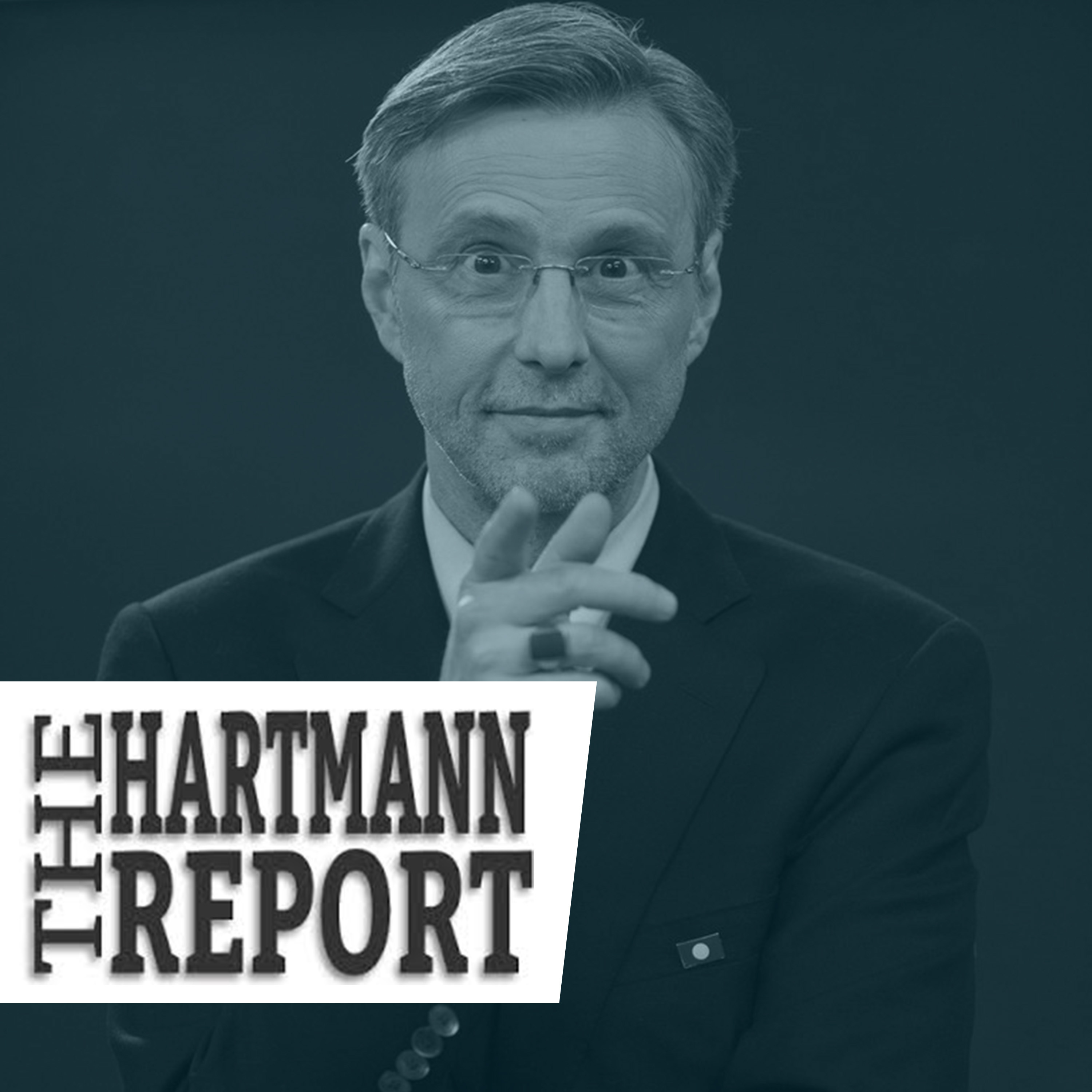
The Hartmann Report
Thom Hartmann
The Glenn Show
Glenn Loury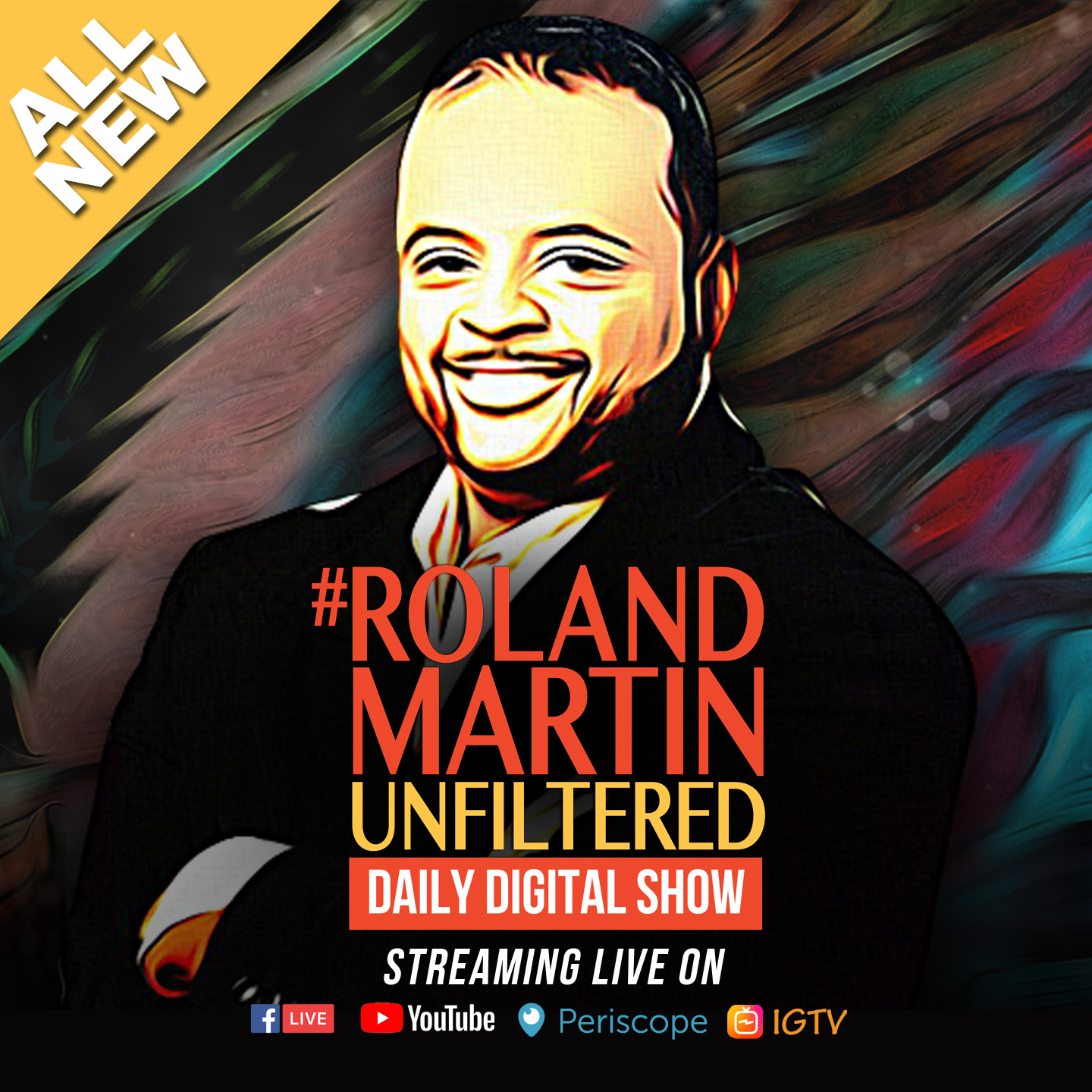
#RolandMartinUnfiltered
Roland S. Martin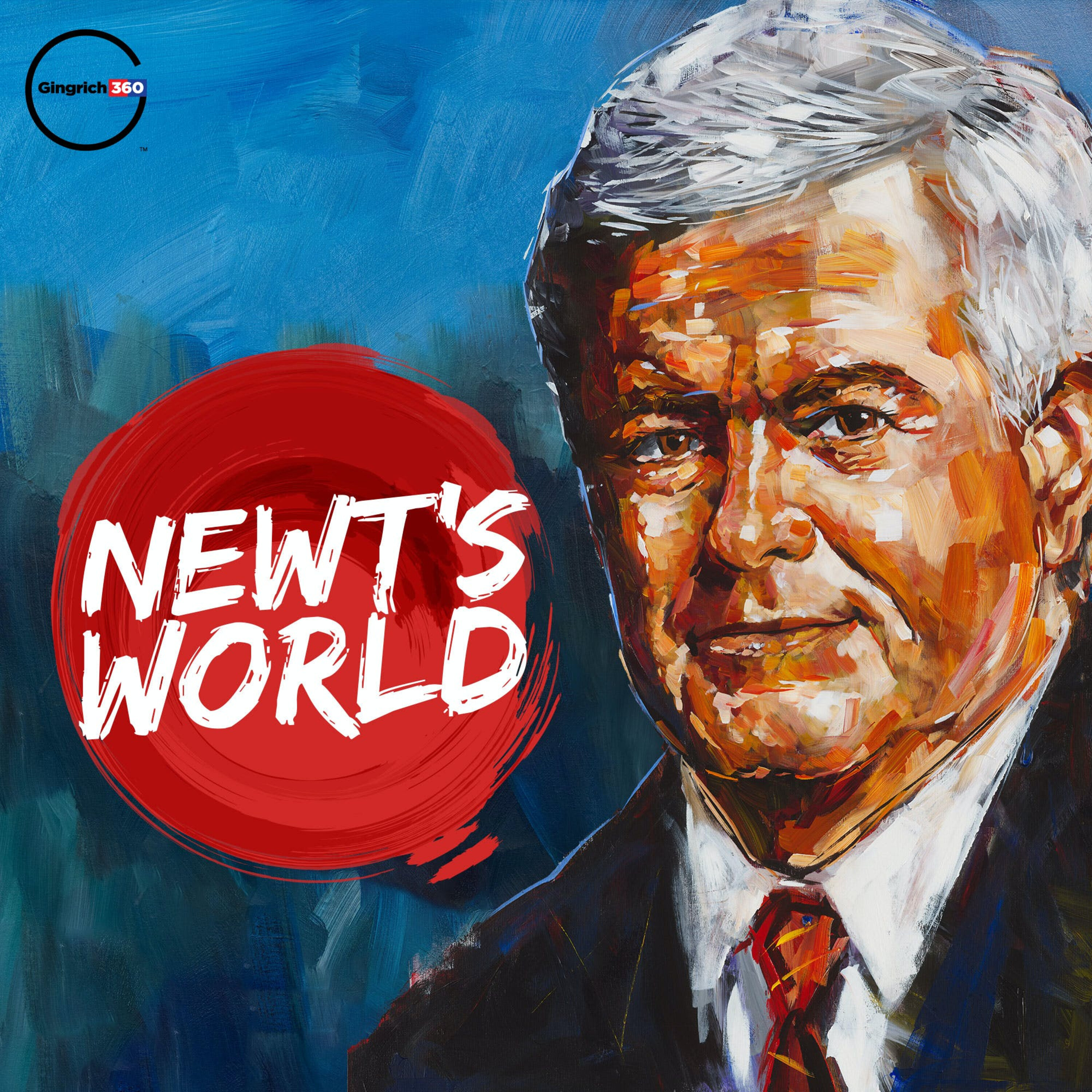
Newt's World
Gingrich 360
Pod Save America
Crooked Media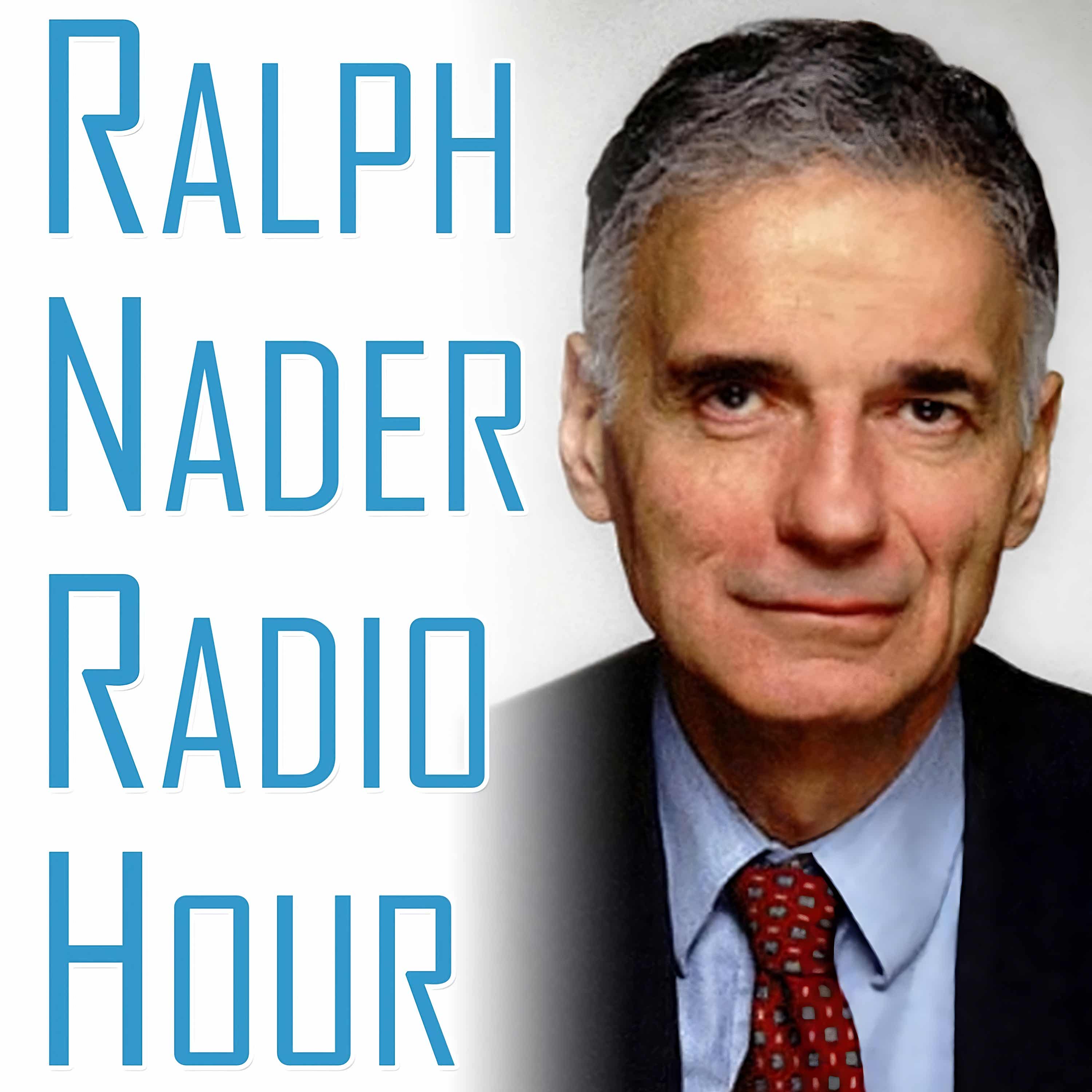
Ralph Nader Radio Hour
Ralph Nader
Bannon`s War Room
WarRoom.org
Bannon’s War Room
dan fleuette
The Young Turks
TYT Network
The Beat with Ari Melber
Ari Melber, MS NOW
The Damage Report with John Iadarola
TYT Network
The Majority Report with Sam Seder
Sam Seder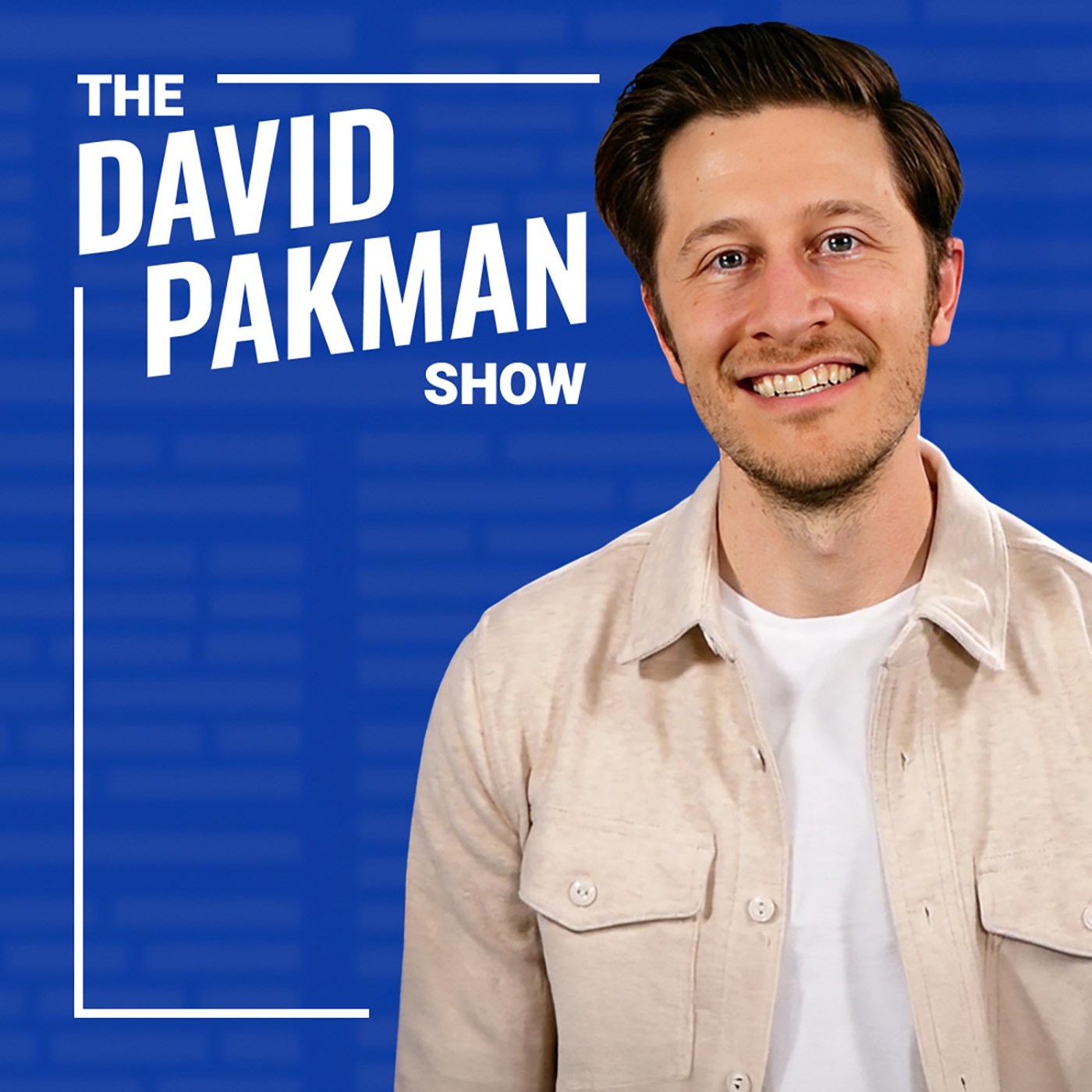
The David Pakman Show
David PakmanGet A Grip with Kendall Reusing
Kendall Reusing
Ultimately with R.C. Sproul
Ligonier Ministries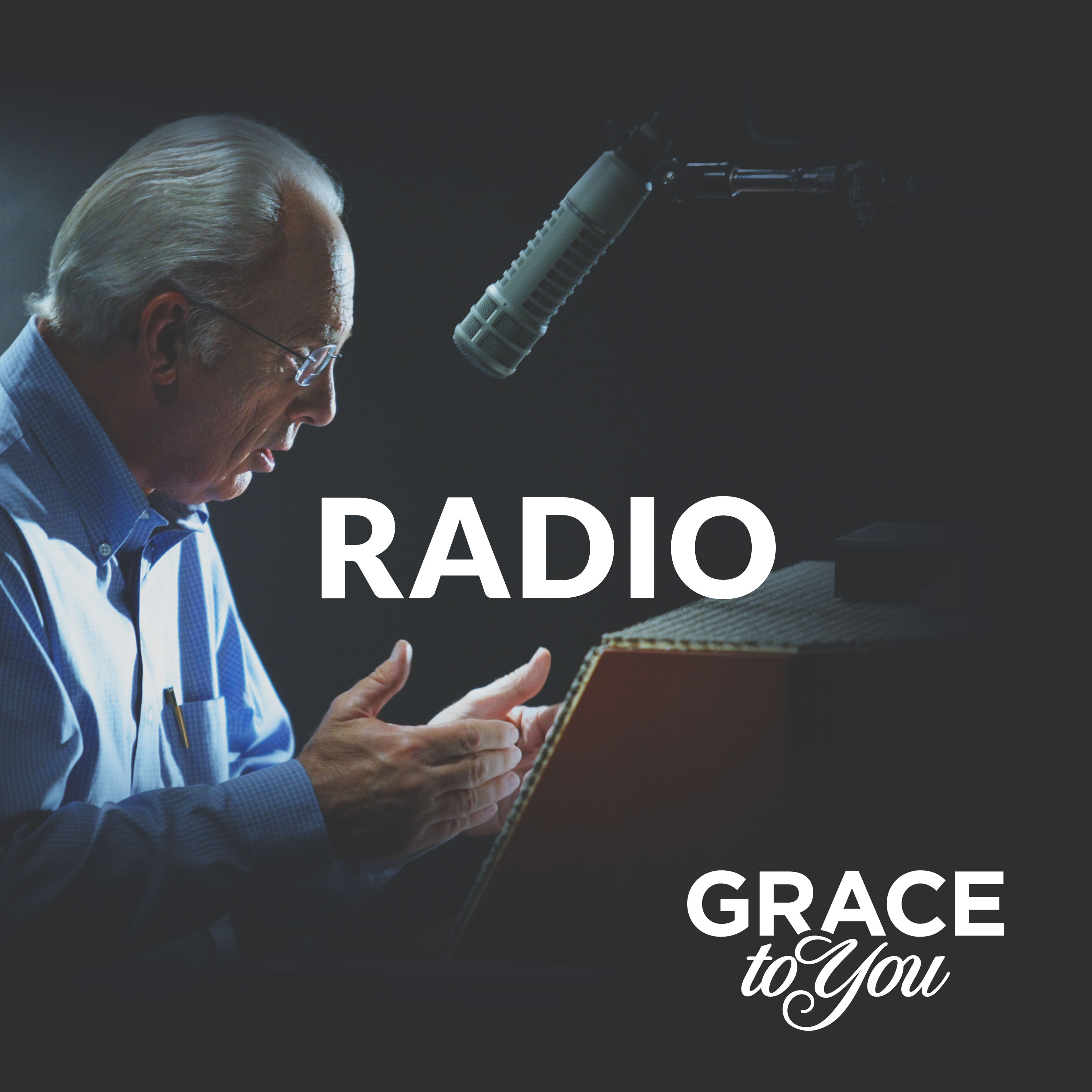
Grace to You: Radio Podcast
John MacArthur
The Briefing with Albert Mohler
R. Albert Mohler, Jr.
StarTalk Radio
Neil deGrasse Tyson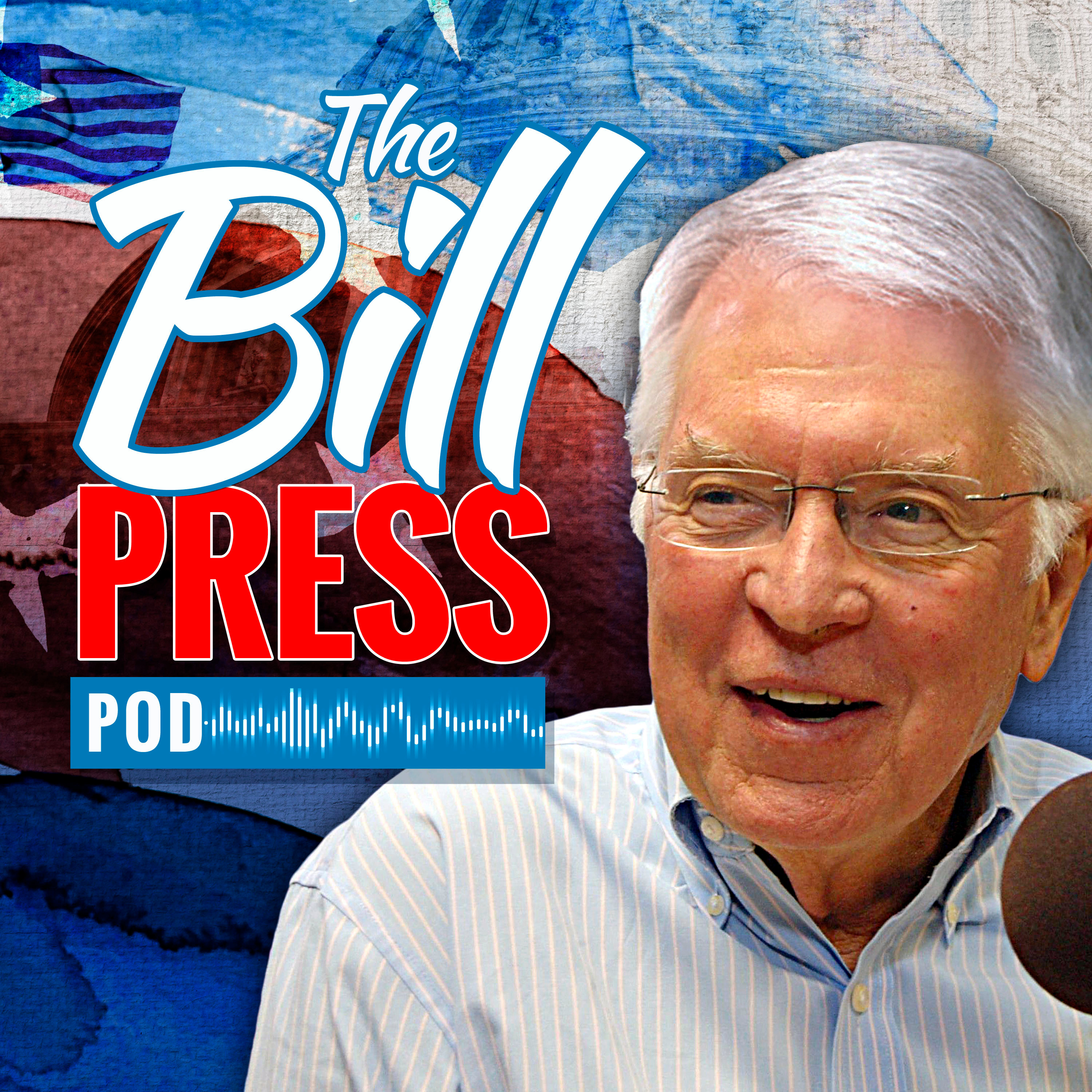
The Bill Press Pod
BP Pods
Ask Pastor John
Desiring God
The Weekly Show with Jon Stewart
Comedy Central
Ask Ligonier
Ligonier Ministries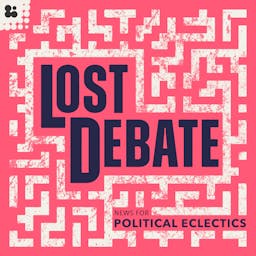
Lost Debate
The Branch
Coffee-Time-Again
Dale Hutchinson
5 Minutes in Church History with Stephen Nichols
Ligonier Ministries
The Ezra Klein Show
New York Times Opinion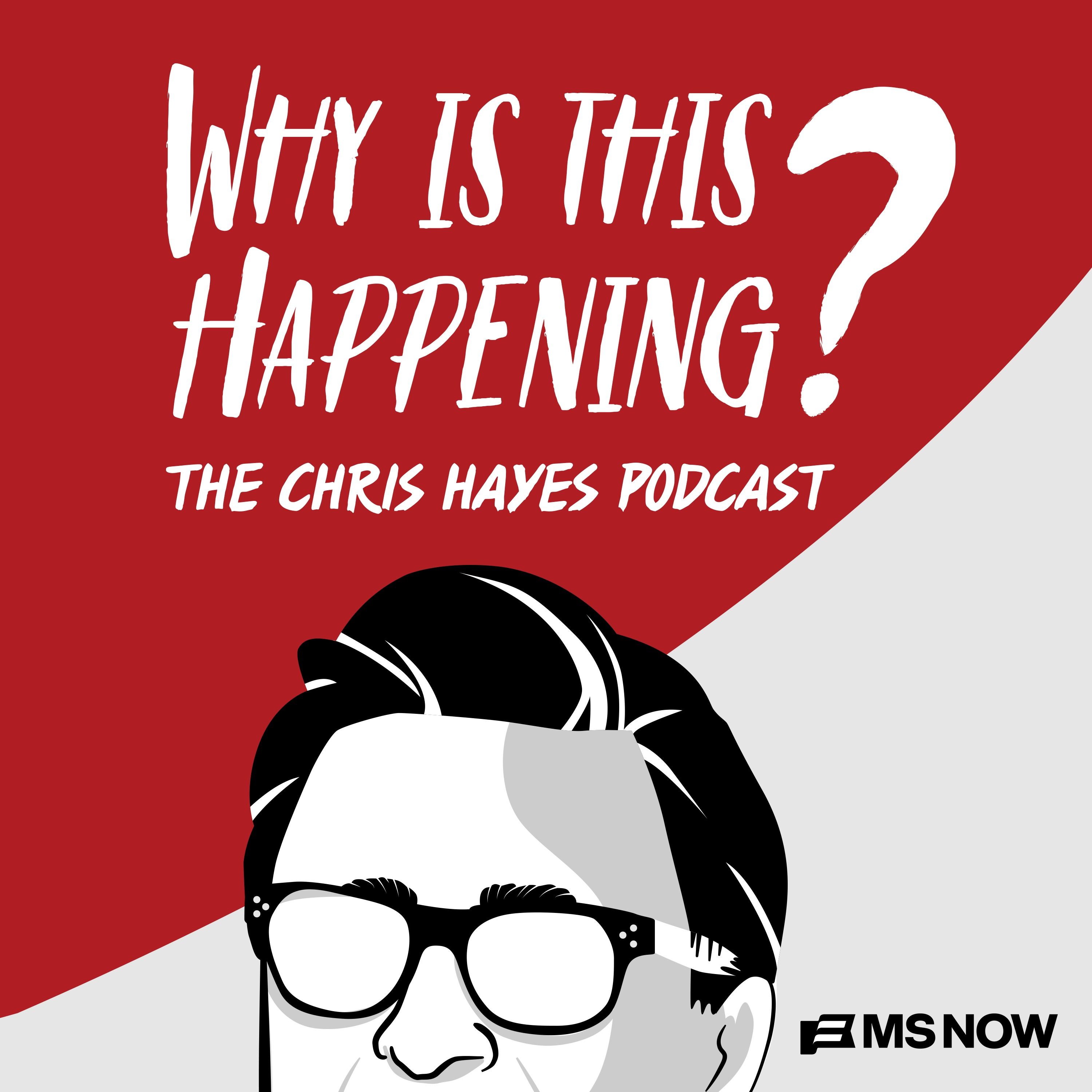
Why Is This Happening? The Chris Hayes Podcast
MS NOW, Chris Hayes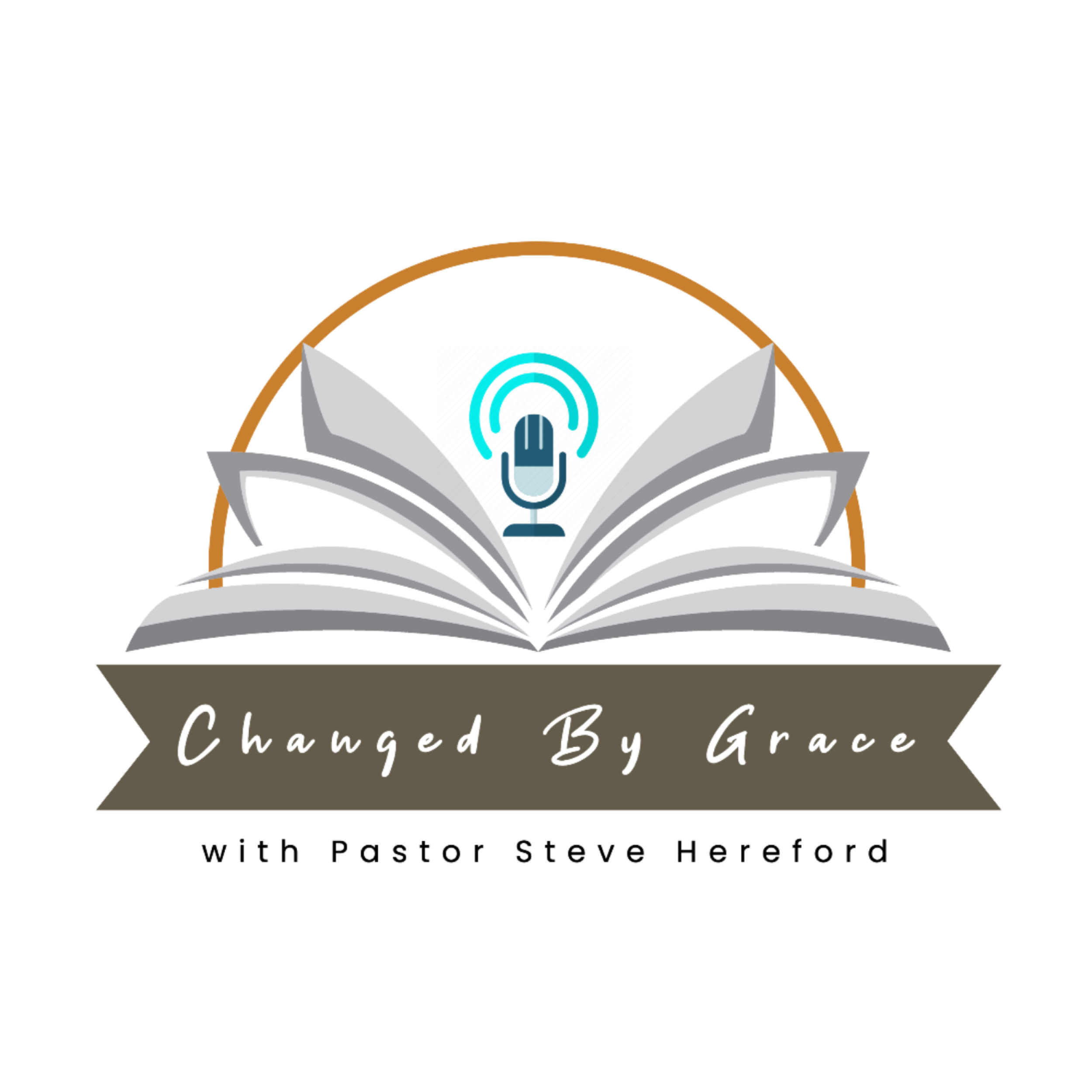
Changed By Grace
PodPoint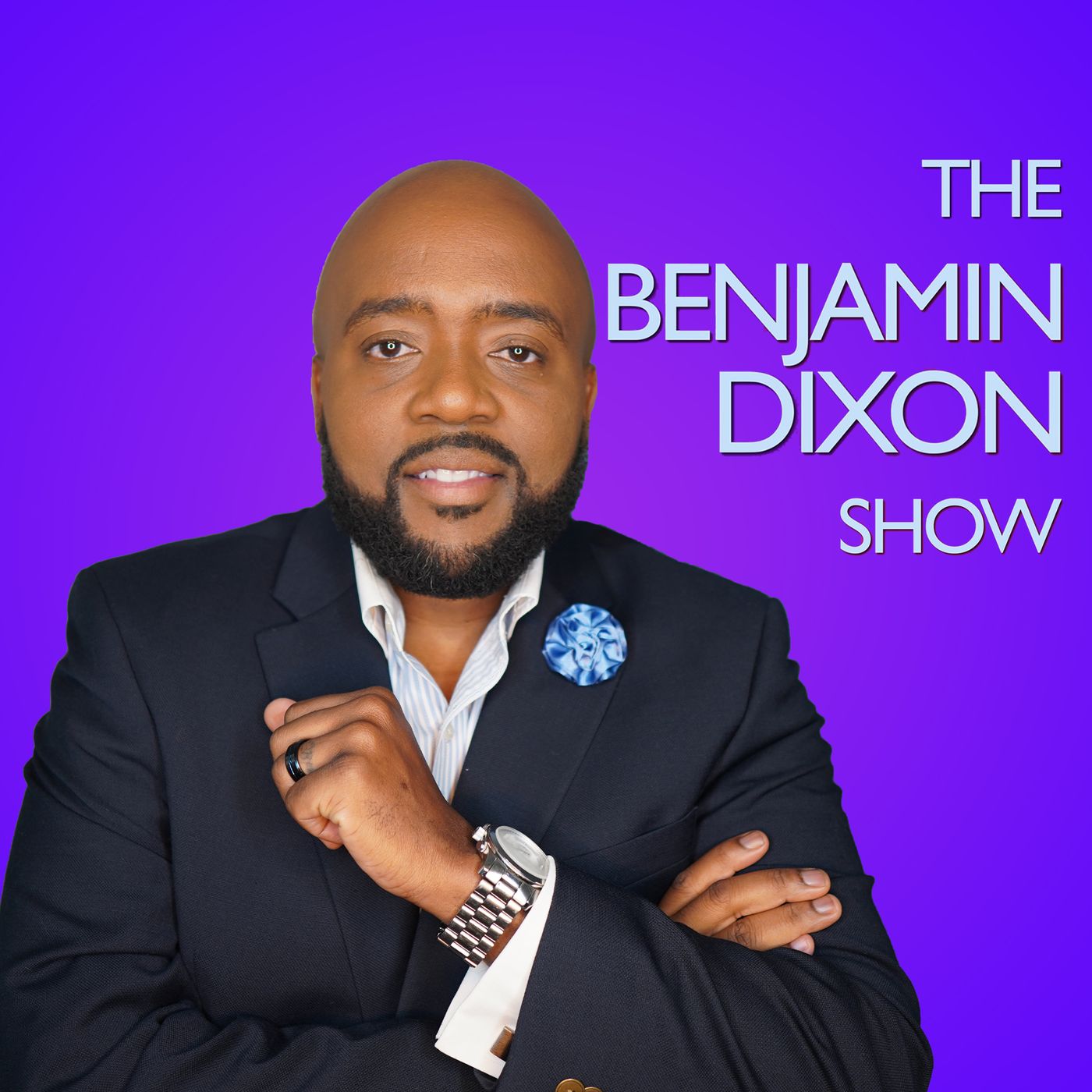
The Benjamin Dixon Show
The Benjamin Dixon Show
Thinking in Public with Albert Mohler
R. Albert Mohler, Jr.
Who Killed JFK?
iHeartPodcastsThe MacArthur Center Podcast
The Master's Seminary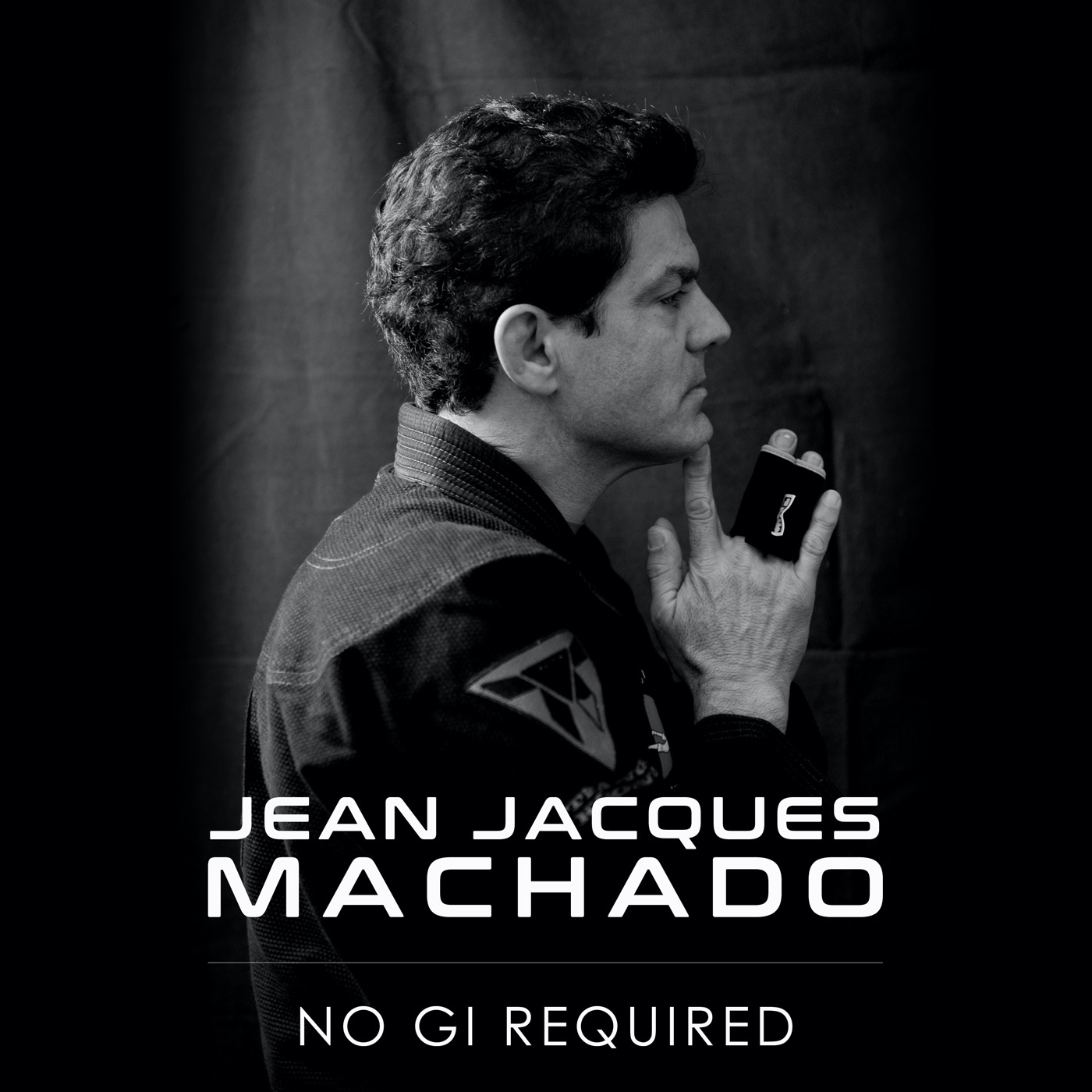
Jean Jacques Machado : No Gi Required
Jay Zeballos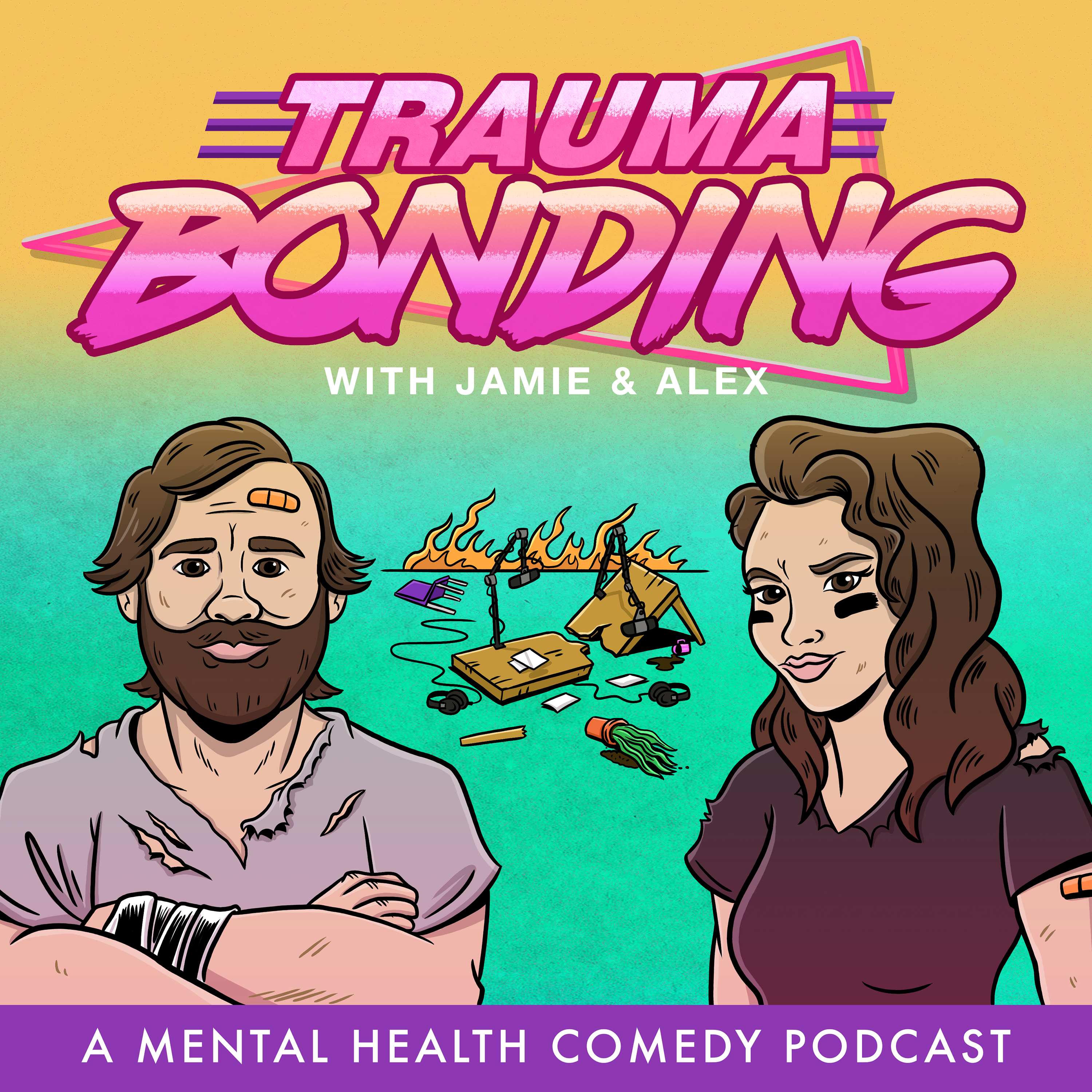
Trauma Bonding
Jamie Kilstein
This Day in History
The HISTORY Channel
The Ben Shapiro Show
The Daily Wire
The Sean Hannity Show
Sean Hannity
Breaking Points with Krystal and Saagar
iHeartPodcasts
The Kyle Kulinski Show
Kyle Kulinski